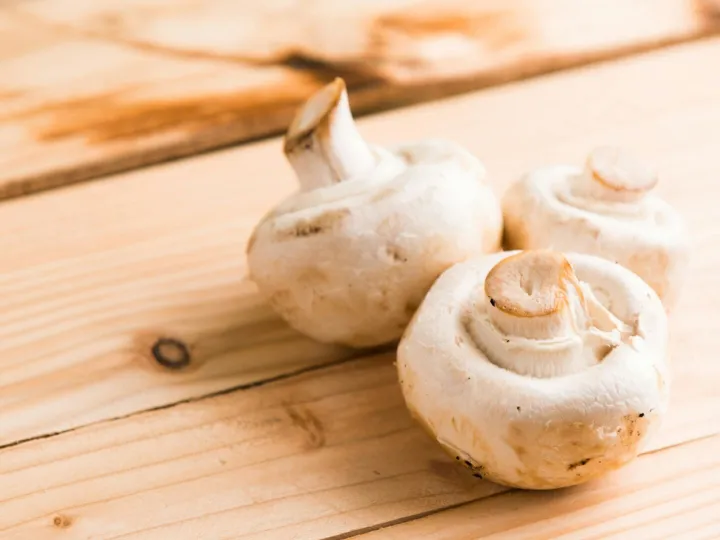When considering mushrooms, many envision the common button variety found in salads or perhaps a few exotic types featured in gourmet cuisine. However, the realm of mushrooms extends far beyond these familiar examples. A captivating variety of shapes, sizes, and flavours awaits exploration. From the striking colours of the fly agaric to the understated field mushroom, the world of fungi is rich with diversity. An intriguing aspect of some mushrooms is their ability to bioluminesce, creating a magical ambience in gardens during the night.
Mushrooms are not only visually appealing but also offer numerous health benefits. They serve as a valuable addition to the diet, whether sautéed in butter for a delectable pasta dish or grilled for a delightful barbecue. Their unique umami flavour can significantly enhance the taste profile of various meals. However, it is essential to be informed about which mushrooms are safe for consumption, as not all varieties are edible.
The next time you encounter a mushroom, take a moment to appreciate its unique characteristics and consider how it could enhance your culinary creations. With their remarkable variety and nutritional advantages, mushrooms can elevate both the flavour and healthfulness of your meals. Embrace the opportunity to experiment in the kitchen and discover the exciting possibilities that these fascinating fungi present.

In addition to their culinary uses, mushrooms play a crucial role in the ecosystem. They contribute to nutrient cycling by breaking down organic matter, thus enriching the soil and supporting plant growth. This ecological significance highlights the importance of preserving mushroom habitats and promoting biodiversity in our environment.
Culturally, mushrooms have also held a prominent place in various societies throughout history. From traditional medicinal uses in ancient cultures to their representation in folklore and art, mushrooms have inspired curiosity and admiration. Understanding these cultural connections can deepen our appreciation for these remarkable organisms.
Furthermore, the recent surge in interest surrounding foraging has brought mushrooms into the spotlight. Many individuals are now exploring local woodlands and fields in search of wild mushrooms, aiming to connect with nature while sourcing their food. This trend not only fosters an appreciation for the natural world but also encourages sustainable practices.
Educational initiatives focusing on mycology— the study of fungi— have emerged, aiming to inform the public about the vast potential of mushrooms. These programmes highlight the importance of fungi in medicine, agriculture, and environmental health, thereby encouraging a greater understanding of their significance.
In summary, mushrooms are a delightful and complex aspect of our natural world. Their diversity, nutritional value, and ecological importance make them worthy of exploration and appreciation. So, whether you are a culinary enthusiast, a nature lover, or simply curious, there is much to discover about mushrooms and their enchanting world.


